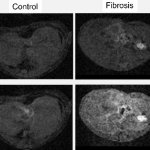
News • Rapid, non-invasive test
Detecting chronic liver disease with targeted MRI
A research team has developed a nanoparticle-based contrast agent with the properties necessary to successfully use MRI for targeted diagnosis of liver fibrosis.

A research team has developed a nanoparticle-based contrast agent with the properties necessary to successfully use MRI for targeted diagnosis of liver fibrosis.
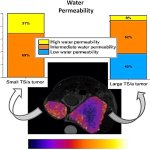
An Italian research team has introduced a new MRI-based method for assessing water water exchange to estimate the degree of malignancy and the success of treatments in tumors.
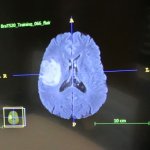
Can AI help better evaluate images of brain tumours? A publication from German researchers on this topic presented at this years' ICIS conference won the Best Paper Award.
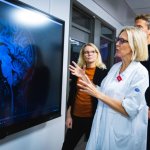
Using diffusion MRI technology, researchers in Sweden have found differences in brain tissue structure between patients with persisting symptoms after Covid-19 and healthy people.
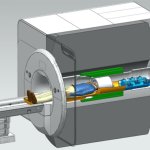
Ten times more detail than current 7T scanners, over 50 times more than 3T: A new type of functional MRI will allow neuroscientists to more precisely localize and trace brain networks.
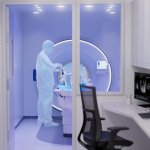
Royal Philips showcases the world’s first mobile MRI system with helium-free operations at RSNA 2023. BlueSeal MR Mobile is a lightweight 1.5T system with a fully sealed magnet.

The brain of soccer fans is wired in a special way. Now, new research looks into how these MRI insights translate into fanaticism - if you prefer the full term - in other areas, such as politics.
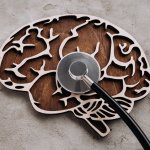
In a new study, researchers use a very large dataset to identify predictive brain imaging-based biomarkers of mental illness in adolescents.

Giving children a virtual/augmented (mixed) reality playkit to use ahead of an MRI scan seems to ease both their and their parents’ anxieties about this procedure, a new study suggests.

Because time is brain: To explore the potential for accelerated stroke diagnostics, US researchers equipped an ambulance with a portable MRI – with promising first results.
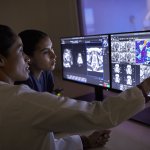
Philips and Quibim have signed a multi-year agreement to work on an integrated solution including an AI-based software to automate real-time prostate gland segmentation in MR images.
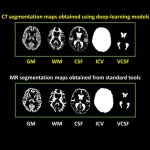
A new AI method for CT brain imaging may bring the modality to the level of detail usually reserved for MRI scans. This could enhance diagnostic support for conditions such as Alzheimer's disease.
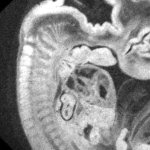
Researchers from the University of Tsukuba have improved the imaging resolution of the magnetic resonance microscope, to obtain high-resolution images of embryos.
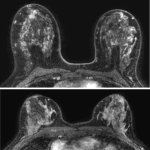
A machine learning model found that background parenchymal enhancement (BPE) on breast MRI is an indicator of breast cancer risk in women with extremely dense breasts.

Combining ultrasound and MRI technology can help detect prostate cancer at an earlier stage and potentially save lives, according to new University of Dundee research.
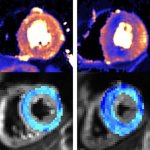
Combining two types of heart scan techniques could help doctors to detect deadly hypertrophic cardiomyopathy (HCM) before symptoms and signs on conventional tests appear.
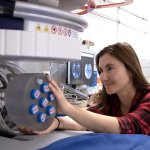
Researchers at NIST have been working on several fronts to advance low-field MRI technology and validate methods for creating images with weaker magnetic fields.

A new imaging method devised by German researchers offers a fast and cost-effective way to observe abnormal metabolic processes live in the MRI scanner.
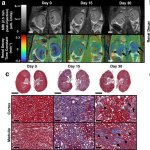
University of Ottawa scientists have introduced a metal-free MRI dye capable of mapping kidney function with unprecedented accuracy — a promising technique for more personalized care.
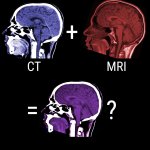
New research shows how AI can be used to fuse images from clinical X-ray CT and MRI scans to allow a clearer and more clinically useful interpretation of the images.

For proton radiation therapy against cancer, there is yet no direct method for mapping the beam range during dose delivery. A new method devised by Dresden scientists could help.
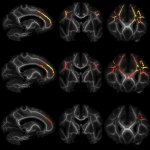
An MRI invention from engineers at the University of Waterloo reveals better than many existing imaging technologies how Covid-19 can change the human brain.
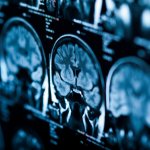
Transient ischemic attack (TIA) emergency department (ED) encounters with incomplete neurovascular imaging were associated with higher odds of subsequent stroke within 90 days, a new study finds.
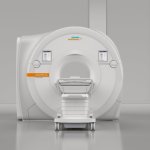
A research partnership has proven medical centers can achieve significant carbon reduction and cost savings by turning off or putting MRIs into the lowest power setting when not in use.
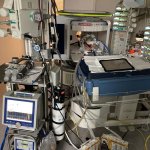
The neonatology team at the University Hospital Bonn (UKB) has conducted the world's first study of children receiving ECMO therapy using a mobile MRI scanner.